Gilgamesh, the Sumerian epic, has inspired scores of novels, plays and operas. One such work, the Assyrian opera Gilgamesh by John Craton and a work still in progress, is sung in Aramaic, the language of the Assyrians. Now comes the Assyrian oratorio Gilgamesh, another work in progress, by the Reverend Samuel Khangaldy.
An oratorio more often is a choral work based on a religious theme but not part of the official church service. The Messiah by Handel is a good example. There are secular oratorios, as well, Rev. Khangaldy points out, such as Semele by Handel and Liverpool Oratorio by former Beatle Paul McCartney.
Gilgamesh Oratorio falls in the latter group. Thus far only the overture from it is completed. “It will be written in 15 parts and cover the whole Epic of Gilgamesh,” he says.
Rev. Khangaldy’s original text is based on four English versions of Gilgamesh (10 have been published) as well as two Assyrian and a Farsi. “I will have my own sentencing and words in adopting the lyrics for Gilgamesh,” he explains, “and will do my best to stay close to Rabi Eddy Alkhas’ translation and be in tune with the other versions.”
Rev. Khangaldy’s Gilgamesh will have two separate lyrics, in Assyrian and in English, to be sung separately, he notes. “I hope some day this piece will be performed for a non-Assyrian audience and I want it to be understandable for them as well,” he adds.
Keeping up his religious duties as well as teaching piano forces Rev. Khangaldy to work on the oratorio in his spare time. Based on that schedule, he assumes the 90-minute long Gilgamesh will take him about two years to complete.
No matter, for the Assyrians need every work of art produced that we can call our own, regardless of how long it takes to create it. We have been around for ages and are a patient people, especially for something worthwhile.
